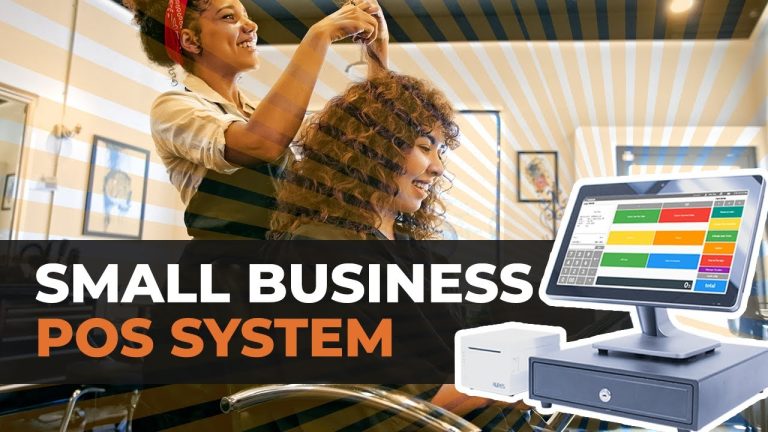A Point of Sale System (POS) system is essential for businesses for several reasons, as it offers a wide range of benefits that help streamline operations and improve overall efficiency. Here are some key reasons why businesses, regardless of their size and industry, implement POS systems:
- Streamlined Sales Processing: POS systems make it easier and faster to process transactions, reducing wait times for customers. This is especially important for businesses with a high volume of sales.
- Accurate Sales and Inventory Tracking: A POS system keeps a real-time record of sales and inventory, helping businesses keep track of stock levels and automatically updating inventory when a product is sold. This minimizes the risk of overstocking or running out of products.
- Improved Accuracy and Reduced Human Errors: Manual entry of sales and inventory data can lead to errors. POS systems minimize these errors, ensuring that transactions and inventory counts are accurate.
- Efficient Reporting and Analytics: Many POS systems offer reporting and analytics tools that provide insights into sales trends, customer behavior, and inventory turnover. This data can be used to make informed business decisions.
- Inventory Management: POS systems help businesses manage their inventory efficiently. They can set reorder points, track the shelf life of perishable items, and easily see which products are selling well.
- Faster Checkout: POS systems, especially those with barcode scanners, make the checkout process faster and more convenient for customers, leading to improved customer satisfaction.
- Multiple Payment Options: Most modern POS systems support various payment methods, including cash, credit/debit cards, mobile payments, and more, providing customers with flexibility in how they pay.
- Employee Management: POS systems can track employee hours, manage schedules, and provide insights into employee performance. This helps with payroll processing and improving staff efficiency.
- Customer Relationship Management (CRM): Some POS systems come with CRM features that enable businesses to track customer data and purchase history, allowing for targeted marketing and loyalty programs.
- Security and Fraud Prevention: POS systems offer security features, such as encrypted transactions and access controls, to protect against fraud and unauthorized access.
- Compliance with Tax Regulations: Businesses can use POS systems to accurately calculate and record taxes, ensuring compliance with tax laws and regulations.
- Easier Scaling: As businesses grow, their needs change. A scalable POS system can adapt to the changing demands of the business, accommodating additional locations or expanding product lines.
- Improved Customer Service: Access to sales history and customer preferences can help employees provide more personalized service, enhancing the overall customer experience.
- Remote Management: Some POS systems offer remote management capabilities, allowing business owners and managers to monitor sales and inventory even when they are not on-site.
- Integration with Accounting Software: Many POS systems can be integrated with accounting software, simplifying financial reporting and reducing the need for manual data entry.
In summary, a POS system is a valuable tool for businesses because it helps improve efficiency, accuracy, and customer service, while also providing valuable insights into operations and sales data. Whether you operate a retail store, a restaurant, or an e-commerce business, a well-chosen POS system can significantly benefit your business.
Post Views: 183


